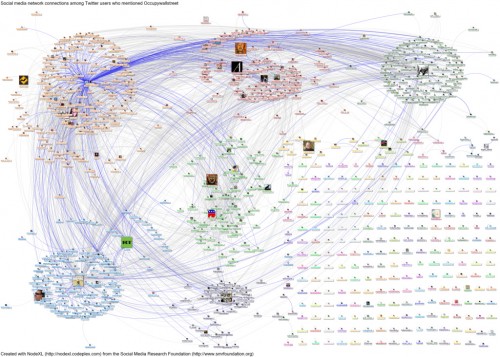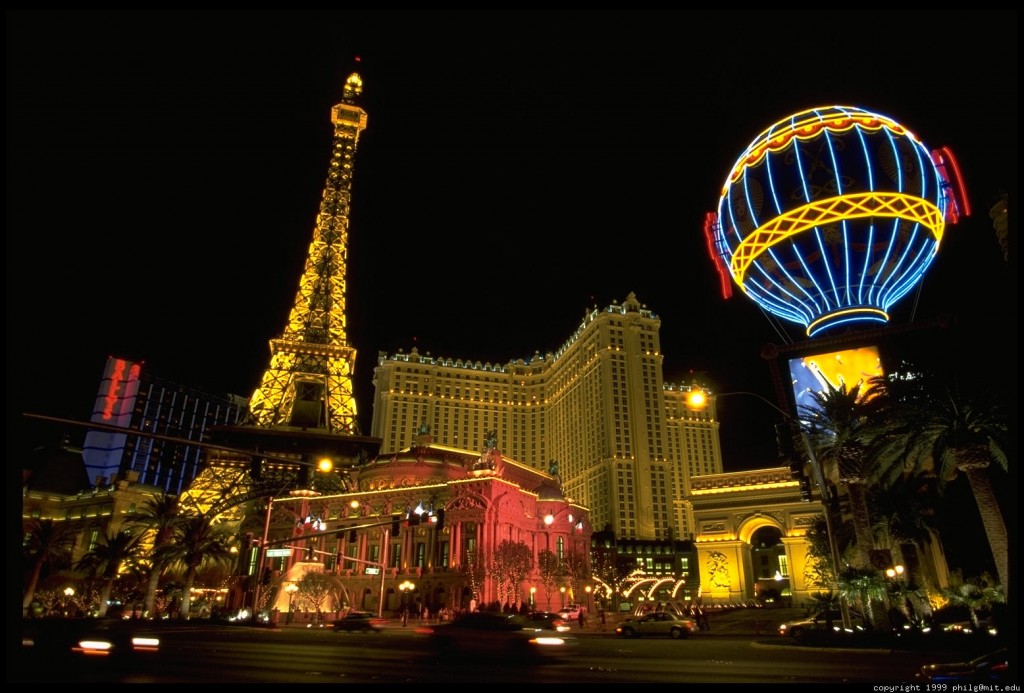
Americans have gotten so good at being consumers that it almost seems hackneyed to acknowledge such a thing. I say “almost” because there are still wonderfully interesting things being said in some literary and academic circles that continually find deeper levels of meaning in the seemingly shallow end of the societal pool. Our near-perfect systems of consumption not only make it technically possible to exchange beautifully designed plastic gift cards,but it makes it socially acceptable as well. A gift-giver can reliably assume that the recipient a thousand miles away has access to the same stores, with almost the exact same products. The gift-giver can also assume a certain level of homogeneity about gift-giving practices. Most of us share a set of common beliefs about what constitutes a good gift: It should, relate to our interests, be useful, carry sentimental value, reflect the nature of a relationship, provide entertainment, and/or fill a need. When you give a gift card, you are acknowledging the need or want, but allowing the receiver to specify its final material (or digital) form. This system relies on stability and uniformity to function smoothly. There must be a common culture, as well as a reliable stream of goods and services. But such stability is becoming less, and less likely. Whether it is peak energy, financial collapse, or a little bit of both- our world is becoming less predictable and the systems that rely on steady streams of capital and petroleum are breaking down. In their place, we might begin to find self-organizing systems that are not only more efficient, but also much more just forms of resource distribution. more...





